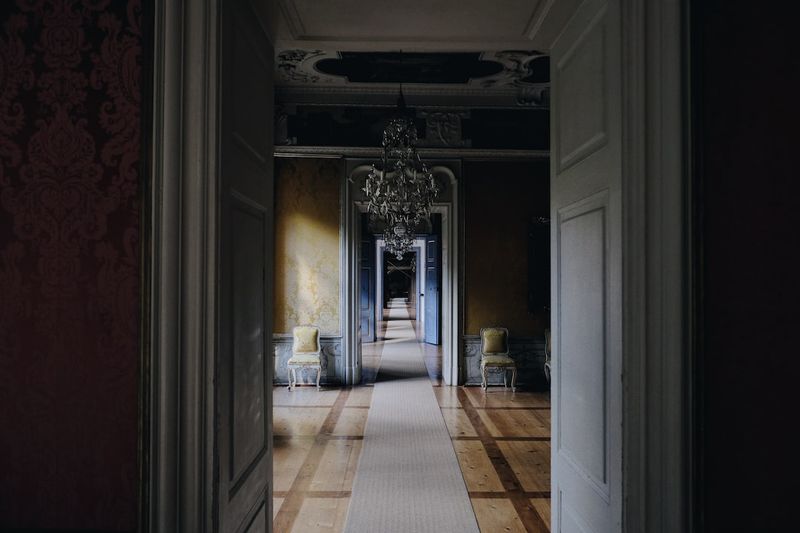Princess Eugenie Announces The Birth of Second Child and Changes In Line of Succession
Royal Family Grows With New Arrival
Princess Eugenie announced the birth of her second child, Ernest George Ronnie Brooksbank, on Monday 5th June 2023. The baby was born at the Portland Hospital in London, weighing 7 pounds and 6 ounces.
The new arrival is the Queen’s 12th great-grandchild and is now 13th in the line of succession to the British throne, replacing Prince Edward. The announcement was made on the social media handle of the Royal Family with a post expressing the happiness of the parents.
Speculation About The Birth
Speculation around the birth of the new Royal baby had been rife in recent weeks, with some rumors that the child would be named Victoria or Arthur. However, the couple chose to name their son Ernest George Ronnie Brooksbank, a decision widely applauded on social media.
Philosophical Discussion on Line of Succession
The British monarchy has a long-standing tradition of succession to the throne, with the position of the monarch passed down to the eldest son in the family. However, in recent years, this tradition has been challenged, with some advocating for the succession to be determined by merit or through a democratic process.
The change in the line of succession caused by the birth of Princess Eugenie’s second child raises questions about the legitimacy of the British monarchy, as well as the role that inherited privilege and wealth play in modern society.
Editorial and Advice
Regardless of one’s views on the monarchy, the birth of a new child is always a time for celebration. We wish Princess Eugenie and her husband Jack Brooksbank all the best as they embark on the journey of parenthood for the second time.
As for the question of succession, it is a complex issue that requires careful consideration and debate. While inherited privilege and wealth have undoubtedly played a role in the British monarchy, it is important to recognize that traditions and institutions are not static but have evolved over time.
As we navigate through the challenges of the 21st century, we must continue to examine our long-held beliefs and institutions and determine whether they are still relevant in our modern world. It is through this process of contemplation and introspection that we can continue to move forward and build a better future for ourselves and future generations.

<< photo by Peter Oswald >>




